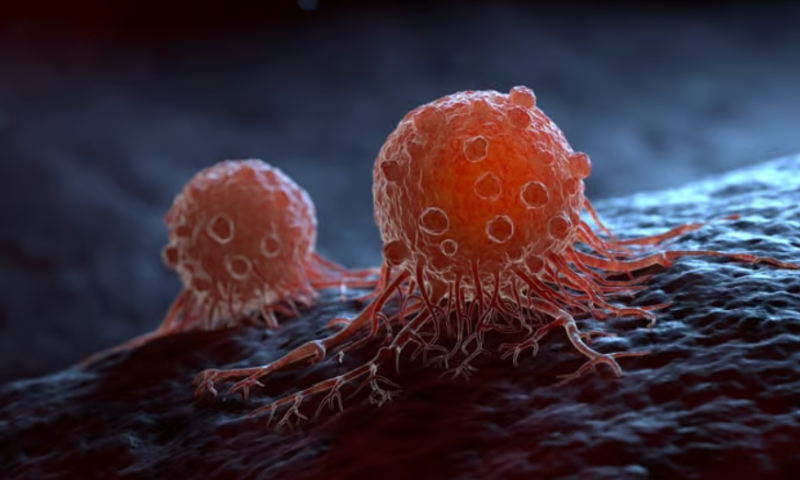Unexpected findings about how cell stress impacts gene expression have brought researchers a step closer to solving one of the many mysteries of cancer metastasis—and, potentially, to new ways to prevent it.
In an article published July 24 in the Proceedings of the National Academy of Sciences, or PNAS, researchers from the Keck School of Medicine of the University of Southern California described their discovery that when cell stress activates a chaperone protein called GRP78, it can migrate to the nucleus of the cell and alter its genes and, therefore, behavior. This gives the cell metastatic properties, like the ability to migrate to and invade other tissues.
“Seeing GRP78 in the nucleus controlling gene expression is a total surprise,” Amy Lee, Ph.D., senior author of the study, said in a press release. “When it comes to the basic mechanisms of cancer cells, this is something novel that, to my knowledge, no one has observed before.”
The discovery builds on earlier work from Lee’s lab showing that cells under stress—caused by extreme temperatures, pathogen invasion or physical damage, for example—need more GRP78 to function. Researchers in the lab had also previously found that cancer cells “hijack” the protein for metastasis, but the exact mechanism wasn’t clear.
The new findings help connect the dots. Incidental observations made during cell studies on the connection between GRP78 and the EGFR gene, a well-established cancer promoter, showed that GRP78 actually controls EGFR expression. That meant that GRP78 had to have moved into the cell nucleus and taken up a new job—a rather big surprise, as the protein’s primary home is the cell’s endoplasmic reticulum.
The team used confocal microscopy and advanced live cell imaging to confirm their findings. They looked at both lung cancer cells and normal cells, which revealed that GRP78 did indeed migrate to the nucleus when the cells were under stress. Additional experiments elucidated a signal within the protein that helps it enter the nucleus and showed that, when it gets there, it binds to another protein, ID2, that normally suppresses the activity of genes involved in cell migration and tissue invasion, including EGFR.
No longer held back by ID2, cancerous cells become more invasive, resulting in metastasis.
Now that the scientists know that GRP78 is migrating to the nucleus and restraining ID2, they are looking for ways to interrupt the mechanism by either downregulating GRP78 or preventing it from binding to ID2. One study of the team’s, published in January, suggests that the small molecule YUM70 can suppress GRP78 activity in head and neck cancer cells. Evidence from an ongoing study makes the case that the molecule can block GRP78 whether it’s in the endoplasmic reticulum or the nucleus, the press release said.
And GRP78 might just be one of many targets. Other cell proteins may also migrate from one part of the cell to another during stress, setting off cascades that ultimately drive cancer metastasis.
“This is a new concept,” Lee said in the release. “The protein itself is the soldier that does the job, but now we’re thinking it’s not just about the soldier, but also where the soldier is deployed.”

